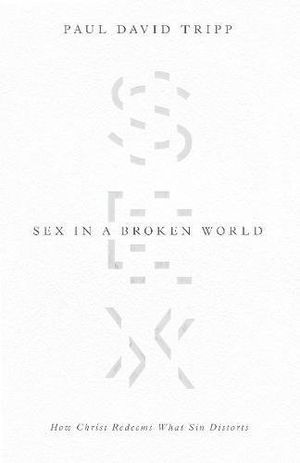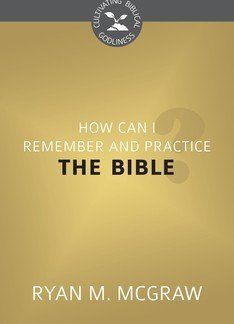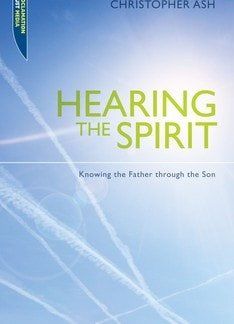We worry about many things: the spread of infectious diseases like Ebola; climate change and depletion of the earth’s resources. We worry about our children and grandchildren in a dangerous world and decadent age.
We worry about technological change, employment, health, pension, what will happen when we’re no longer able to look after ourselves — and, of course, dying.
There are two common ways of dealing with worry. Firstly, there is positive thinking, where we simply refuse to think about bad things. Second, there is escapism, where we keep ourselves so busy that our minds have not time for anything else. Neither method though really deals with it.
But the Bible gives us a radically different response. In Philippians 4:6 we read: ‘Do not be anxious about anything, but in everything, by prayer and petition, with thanksgiving, present your requests to God’.
In other words, it counsels us not to be overwhelmed with anxious care, but to take it to God in prayer. Many people do this only when all other actions have been exhausted. But praying is the first thing, not the last thing we should do.
To pray means we believe there is a God who hears and cares, and that he is both willing and able to help us. It acknowledges that we are unable to manage on our own and that we need God’s help.
Peace
And what is the result when we turn to God for help and strength? The next verse in Philippians 4 (v. 7) contains this wonderful promise: ‘And the peace of God, which transcends all understanding, will guard your hearts and your minds in Christ Jesus’.
The promise is not that the danger, threat or difficult circumstance will go away. Rather, it is that God’s peace will fortify our heart and mind to cope with it.
Such peace transcends all understanding. You can be in the most fearful situations and yet, unbelievably, know God’s peace in the most difficult circumstances. Here is an example.
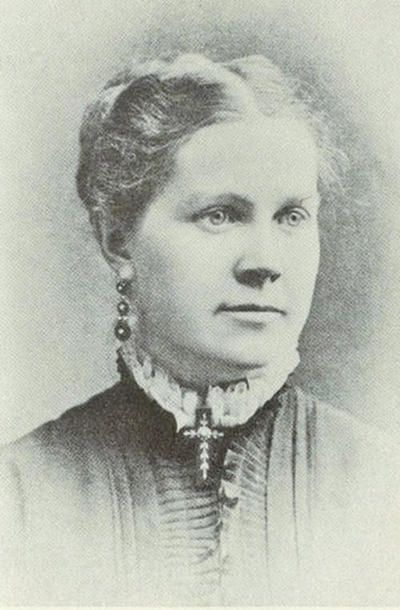
In 1873 he decided that he and his family should go to England. He was delayed by business, but sent his family on ahead. The ship SS Ville du Havre, carrying his wife and four daughters, collided with another ship off Newfoundland and sank within 20 minutes.In October 1871 a great fire in Chicago killed 300 people and left 100,000 homeless. Horatio Spafford was a prominent lawyer in the city who had invested heavily in property, and financially suffered great loss as a result of the fire.
His wife, Anna, clung to a piece of floating wreckage and was one of only 47 survivors. In total, 226 people drowned, including their four daughters, aged 2, 5, 9 and 11 years. Following the tragedy, Horatio wrote a hymn which began like this:
When sorrows like sea-billows roll
When peace like a river, attendeth my way;
Whatever my lot, Thou hast taught me to say
‘It is well, it is well with my soul’.
Horatio was deeply grieving the death of his four daughters, so how he could say, ‘It is well with my soul’? Another verse of the hymn tells us:
Though Satan should buffet, though trials should come,
Let this blest assurance control,
That Christ hath regarded my helpless estate,
And hath shed His own blood for my soul.
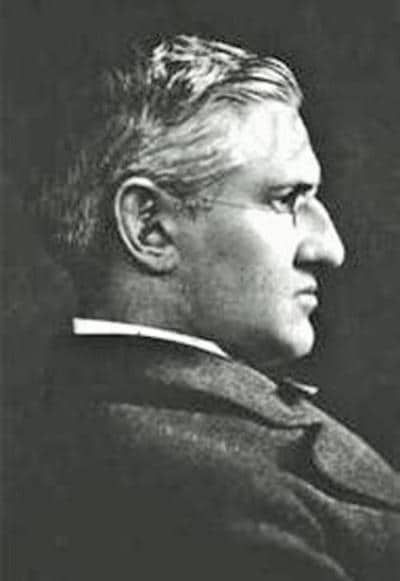
Prince of peace
Horatio Spafford was a Christian. His faith and hope were in Jesus Christ; he knew that, whatever happens in life, the soul is safe in Christ’s hands and that nothing can separate him from the love of God in Christ Jesus, not even death.
Philippians 4:7 tells us that, if we want this peace to guard our hearts and minds, then we must be ‘in Christ Jesus’; we must be trusting in Jesus to know this peace of God.
On the first Christmas night, a great host of angels appeared in the skies above Bethlehem. To shepherds, they announced: ‘Glory to God in the highest, and on earth peace to men on whom God’s favour rests’.
Jesus offers peace of heart and mind to people whose hope and trust is in him. The good news proclaimed by the Bible is that, through faith in Jesus, you can experience peace, even in the most terrible storms of life. You can know that, whatever happens, your soul is eternally safe and secure.
You must freely admit to God the helplessness and hopelessness of your sinful self-reliance, and entrust yourself wholeheartedly to God. Ask him to forgive you all your sins, and then experience the peace of heart and mind that only the Lord Jesus gives.
David Magowan is pastor of Carey Baptist Church, Reading




